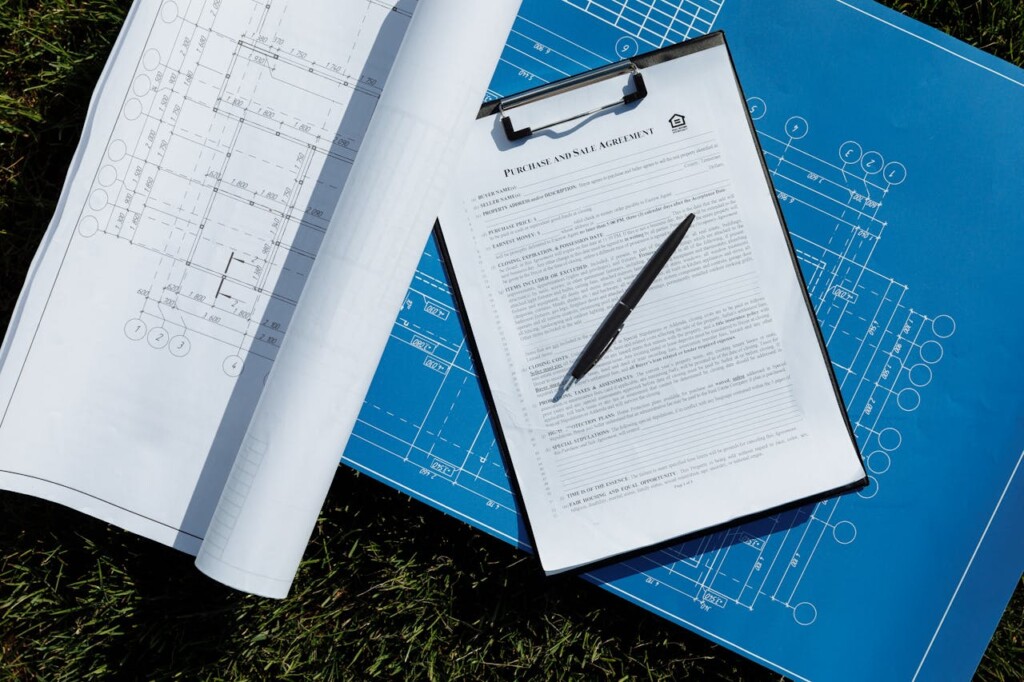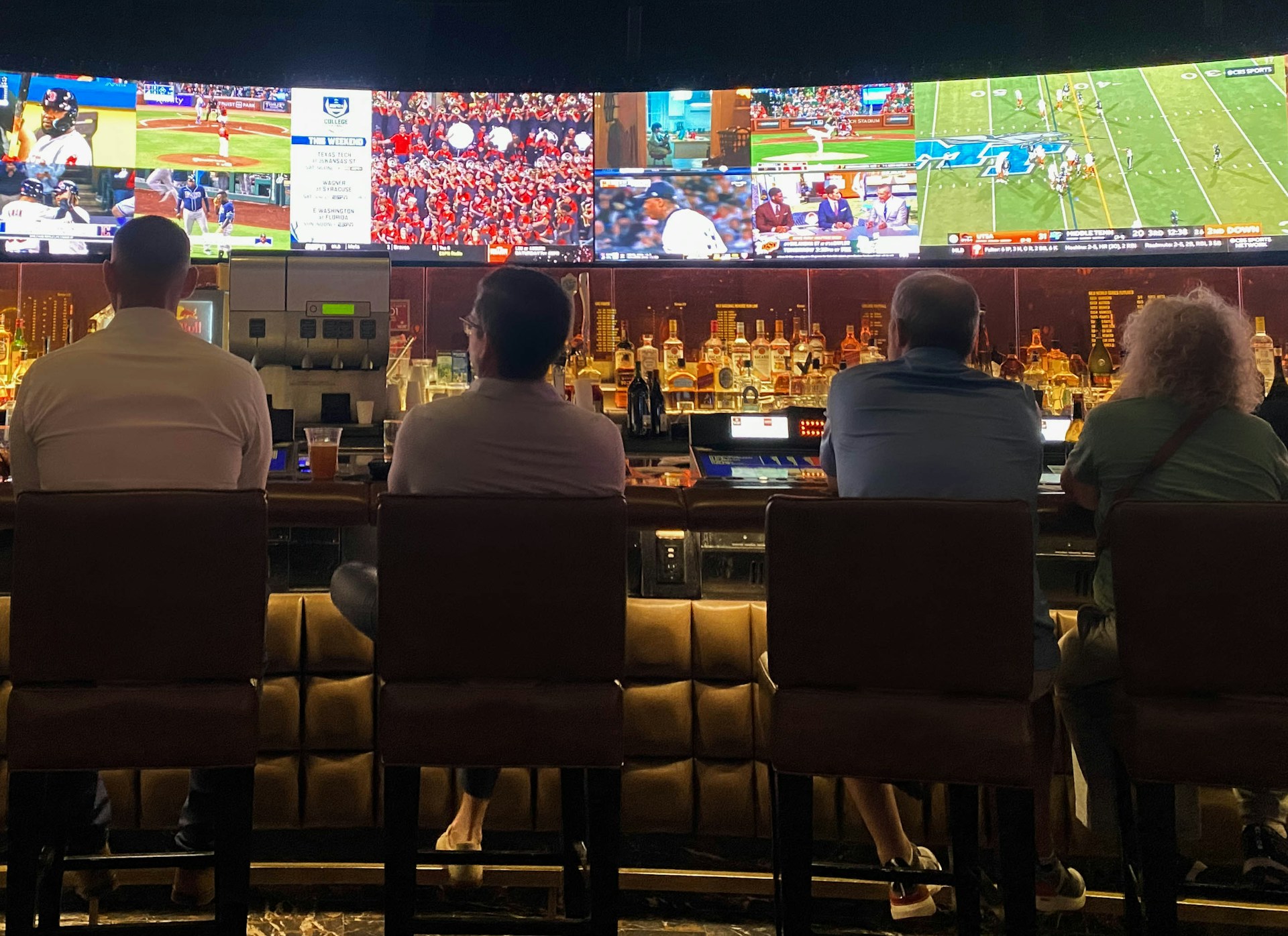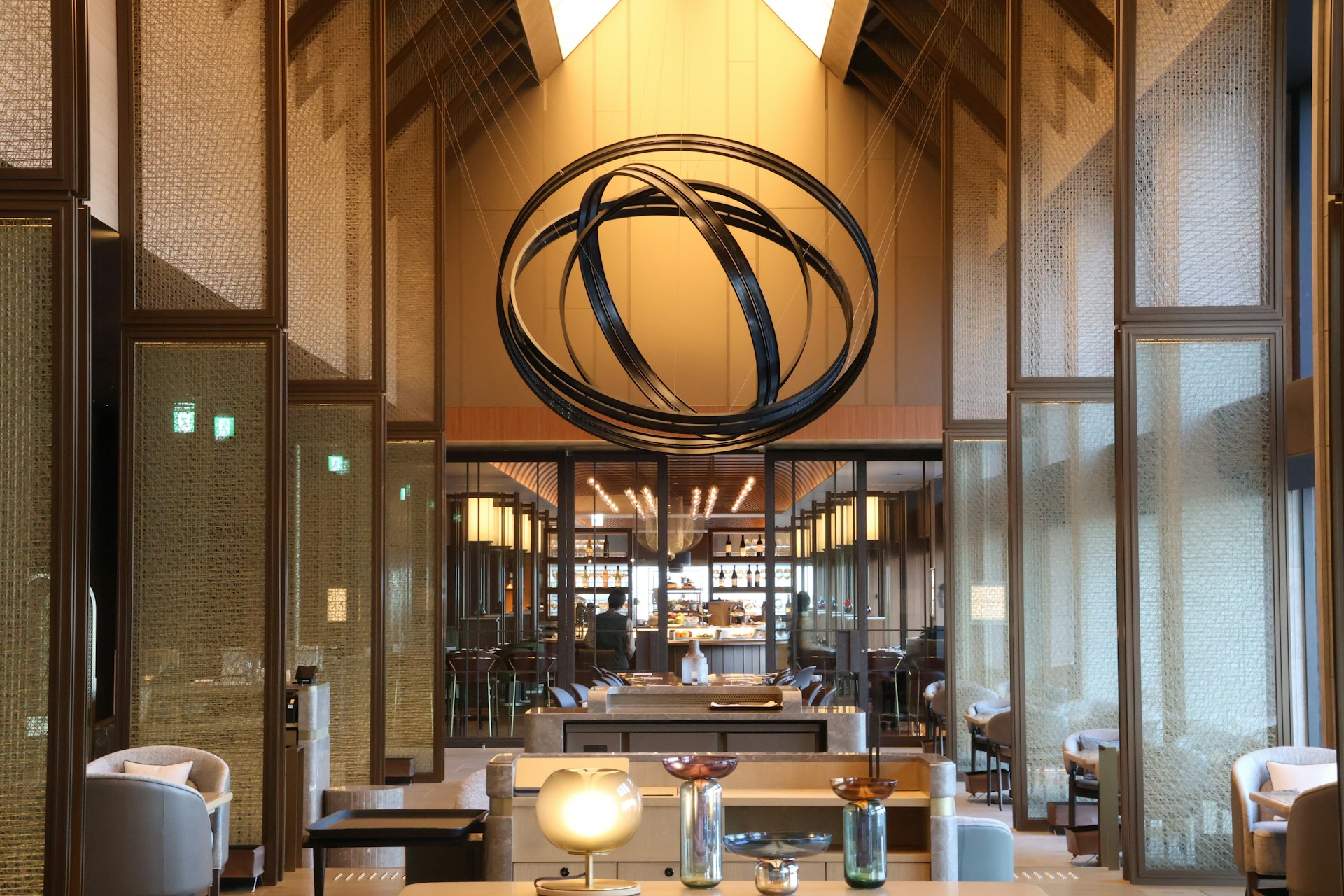Restaurant health department plan review in Frisco protects public health through systematic evaluation of food service designs. Every restaurant construction, conversion, or remodel must pass this critical checkpoint before doors open to customers.
The City of Frisco requires comprehensive plans, inspections, and permits under the Texas Food Establishment Rules and additional local standards. We ensure every restaurant meets safety requirements through preoperational inspections before issuing food establishment permits that allow legal operation.
When Do You Need A Plan Review And How Do You Submit In Frisco?

Plan review becomes mandatory for several specific construction scenarios in Frisco. New food establishment construction always requires review before breaking ground. Converting an existing space to food service use triggers the review process, regardless of the building’s previous purpose.
Extensive remodeling projects fall under review requirements, particularly when modifications affect food preparation areas, equipment layouts, or utility systems. Changes to the type of food operation also necessitate plan review, even if the physical space remains largely unchanged.
Understanding Frisco’s Dual Submission System
Frisco operates separate systems for different permit types, each serving distinct functions in the approval process. Building permits, which include plan review documents, go through ProjectDox exclusively. This system handles all construction-related submittals and reviews.
We coordinate closely with the Plans & Permits page for new construction plan review and change of ownership requests. This centralized approach streamlines the building permit process while maintaining proper oversight.
Operational Permit Submission Process
All operational Health & Food Safety permits require submission through the Health and Food Safety Permit Portal. This dedicated system manages food establishment permits, renewals, temporary permits, and mobile unit permits. The portal creates a clear separation between construction approvals and operational licensing.
Once health permit approval is secured, fixed food establishment inspections must be scheduled using eTrakit. This final system coordinates the inspection process and tracks compliance throughout the operational phase.
Commercial Submittal Package Requirements
The Building Inspections commercial submittal package incorporates specific Health & Food Safety Commercial Food Establishment Plan Submittal Requirements. These requirements ensure that all health code considerations are addressed during the construction review phase. We integrate these specifications into our initial design process to prevent delays during review.
Building permit approval requires both Planning and Engineering release and completion of a pre-construction meeting. This meeting establishes clear expectations and timelines for the construction phase.
What Must Your Restaurant Plans And Specifications Include For Frisco Review?
Frisco requires professionally prepared plans with specific documentation to ensure your restaurant meets both Texas Food Establishment Rules and city standards. We organize these plans into architectural, technical, and operational components during our review process.
The site layout forms the foundation of your submission. This includes the complete floor plan showing all equipment placement, fixture locations, and room designations. We need to see food service areas clearly segregated from non-food areas, with staff lounges and break rooms properly identified.
Equipment Documentation Requirements
Your equipment schedule must list every piece of food service equipment with complete type and model information. This includes all counter-top equipment used in food operations. We require manufacturer specification sheets for each piece of equipment to verify ANSI sanitation compliance.
Equipment positioning on your floor plan must match your equipment schedule exactly. We verify that three-compartment sinks are included even when mechanical warewashing is provided, as both are required under Frisco standards.
Finish Schedules And Material Specifications
Submit detailed finish schedules covering floors, walls, and ceilings in all areas. We need to confirm that materials in food preparation areas, warewashing zones, walk-in refrigeration units, and employee restrooms meet durability and cleanability requirements.
Floor finishes in prep areas must use materials like quarry tile, ceramic, or terrazzo with proper coved base installation. Wall coverings in non-prepackaged food areas require nonabsorbent materials to specific height requirements that we verify during plan review.
Utility System Documentation
Water heater sizing calculations must demonstrate adequate hot water capacity for peak demand throughout your operation. We review these calculations against approved standards to ensure compliance before approval.
Your grease interceptor location requires specific documentation showing proper sizing under plumbing code requirements, accessibility for servicing, and appropriate positioning relative to food preparation areas. Above-ground grease waste storage container locations must also be clearly marked when applicable.
Mechanical, Electrical, And Plumbing Plans
Complete mechanical, electrical, and plumbing schematics must accompany your architectural plans. These MEP drawings help us verify that utilities support your equipment loads and meet code requirements for food service operations.
We coordinate MEP plan reviews with building inspections to ensure integrated compliance across all building systems. Proper documentation prevents delays during the construction inspection process.
Operational Documentation
Your Consumer Advisory must be clearly indicated on plans showing exact placement locations. This disclosure requirement applies to most establishments unless serving highly susceptible populations.
If you plan to use bare hand contact with ready-to-eat foods, submit your Bare Hand Contact Policy for review. Note that this practice is prohibited when serving highly susceptible populations like healthcare facilities or daycares.
A HACCP plan becomes necessary when your operation includes specific high-risk processes or when required by variance approval. We evaluate HACCP documentation as part of the overall food safety management review.
Submit your complete menu showing all food items offered. This helps us understand your operation type and verify that your facility design supports your intended food preparation methods.
What Construction And Facility Standards Does Frisco Inspect For?

Frisco’s construction inspections go beyond the Texas Food Establishment Rules to include specific local requirements. We coordinate construction with these detailed standards to ensure your project passes inspection on the first attempt.
Handwashing And Prep Sink Requirements
Handwashing sink spacing follows strict placement rules that we build into our construction sequencing. Frisco requires handwashing facilities in all food preparation, dispensing, and warewashing areas, plus immediately adjacent to or inside toilet rooms. Each cook line needs its own dedicated handwashing sink for direct employee use.
The 25-foot spacing requirement means we position handwashing sinks within every 25 linear feet of unobstructed space in prep and utensil-washing zones. Any wall, door, or barrier counts as an obstruction that resets this measurement. We also install a dedicated food preparation sink wherever raw proteins or produce are prepared on-site.
Service sink placement requires at least one floor-mounted, curbed cleaning facility with a floor drain for mop water disposal. Additional floor drains in food prep areas follow regulatory approval for proper grading and drainage patterns.
Equipment Certification And Sanitation Standards
All food equipment must display certification labels from an ANSI-accredited sanitation program like NSF, ETL-sanitation, or UL. Equipment without visible certification labels requires express regulatory approval before installation. We verify this certification during our equipment procurement process.
Three-compartment sinks remain mandatory even when mechanical warewashing equipment is installed. This dual requirement means we design warewashing areas to accommodate both systems with proper spacing and plumbing connections. Each compartment requires clear labeling and adjacent sanitizing instruction signage.
Water Systems And Hot Water Capacity
Hot water generation and distribution systems must meet peak demand throughout the establishment. We size these systems according to NSF standards with temperature rise calculations of at least 70 degrees Fahrenheit. All handwashing sinks need 100-degree minimum water temperature, while service sinks require 110-degree minimum.
Commercial water heaters are mandatory in food establishments, and we provide detailed sizing calculations with manufacturer specification sheets during plan submittal.
Grease Interceptor Standards
Grease interceptors require location approval before installation and must be easily accessible for cleaning and maintenance. We size these systems according to the International Plumbing Code and position them outside food preparation, storage, and transfer areas.
Above-ground grease separators under single fixtures are generally prohibited unless specifically approved. All pot and pan wash sinks, pre-rinse areas, and floor drains connect to the grease interceptor, while dishwasher discharge may bypass the interceptor depending on the specific unit type.
Floor And Wall Finish Requirements
Floor construction in food prep, warewashing, walk-in refrigeration units, and employee restrooms requires durable, smooth materials like quarry tile, ceramic tile, or terrazzo with four-inch coved base installations. The cove base must be integral and flush with finished flooring. Sealed concrete and sheet vinyl are prohibited in these areas.
Epoxy resin systems and seamless flooring require minimum quarter-inch thickness with monolithic coved base construction. We submit detailed specifications and compliance documentation for regulatory approval before installation.
Wall coverings in areas where food is not prepackaged require nonabsorbent, easily cleanable materials to eight-foot minimum height. FRP, stainless steel, and ceramic tile meet these standards. Ceiling construction throughout food service areas must be nonabsorbent and easily cleanable.
Masonry Refuse Enclosure Construction
Outdoor refuse, recyclable, and returnable storage requires 100 percent masonry enclosure construction. The concrete pad must be smooth, durable, and sloped to drain with tight-fitting receptacle lids and doors. We coordinate these enclosures with solid waste management access requirements and screening specifications.
Opening Protection And Food Display Standards
Drive-through windows need properly designed auto-activated air curtains to control flying insects or solid, self-closing construction. All exterior openings use 16-mesh screening, approved air curtains, or other regulatory-approved protection methods.
Food display protection requires NSF-compliant guards or completely enclosed display cases. We provide manufacturer documentation confirming NSF compliance when labels are not directly visible on installed guards. Whole produce may be exempt from these display protection requirements.
Operational Construction Details
Hand soap dispensers must be wall-mounted liquid dispensers at each handwashing facility. Bar soap and powder dispensers are prohibited. We install these adjacent to paper towel dispensers and waste receptacles for complete handwashing stations.
Hair restraint compliance affects food employee work areas, requiring proper ventilation and changing areas. Damaged, expired, or recalled product storage needs designated, separated areas clearly marked as unusable.
What Permits, Fees, Staffing, And Timelines Should You Plan For?
Navigating the financial and administrative requirements for restaurant construction requires careful planning across multiple permit categories. We coordinate these requirements daily for developers and property owners, ensuring each element aligns with Frisco’s standards and timelines.
Essential Permits And Staffing Requirements
The food establishment permit serves as your operational license, costing $500 annually and requiring prominent display in your restaurant. This permit cannot be transferred between owners, so each change of ownership triggers a new application process. We ensure this permit stays current throughout construction and operations.
Staffing compliance centers on the Certified Food Protection Manager requirement. Frisco mandates proof of certification before opening and during ownership transitions. This manager must maintain current certification and oversee food safety protocols throughout your operation.
Preoperational inspections represent the final hurdle before permit approval. We coordinate these inspections with Health & Food Safety after construction completion, ensuring your facility meets all approved specifications before your opening date.
Fee Structure And Cost Planning
Plan review fees operate on an hourly basis at $50 per hour, with a minimum one-hour charge when applicable. These fees accumulate during the review process, particularly if multiple resubmittals become necessary due to code issues or incomplete documentation.
Health reinspection fees vary by facility type. Fixed food establishments face $250 per reinspection, while non-fixed operations pay $50 per reinspection. We work to minimize these costs by ensuring compliance during initial inspections.
Variance requests cost $200 initially, plus $50 per hour beyond the first hour of review time. These requests require substantial documentation and can extend project timelines significantly.
Late renewal penalties can severely impact operations. Renewals submitted after deadlines incur 50% to 100% late fees, and failure to renew can result in forced closure until compliance is restored.
Timeline Expectations And Submittal Process
Building plan review typically spans two to four weeks, depending on complexity and resubmittal requirements. Code violations or incomplete submittals extend this timeline, making thorough initial preparation essential for maintaining project schedules.
Building permit approval requires both Planning and Engineering release plus completion of a pre-construction meeting. These steps must occur in sequence, and delays in any component affect the entire timeline.
The submittal process operates through three distinct platforms. ProjectDox handles all building plan submissions and plan review documentation. The Health and Food Safety Permit Portal manages operational health permits and related documentation. eTrakit schedules fixed-facility inspections after permit approval.
Temporary event applications require submission at least 10 business days before the scheduled event. Late applications may incur additional fees or face rejection, particularly during peak event seasons when processing capacity reaches limits.
Conclusion And Next Steps

Getting restaurant plan approval in Frisco requires following a structured sequence that we navigate with our clients daily. Start by aligning your design with the Texas Food Establishment Rules and Frisco’s specific amendments, then assemble your complete documentation package including equipment schedules, finish specifications, mechanical electrical plumbing plans, grease interceptor details, and your full menu.
We submit building plans through ProjectDox and handle operational health permits via the Health and Food Safety Permit Portal. Construction must follow approved plans exactly, as deviations discovered during the preoperational inspection can delay opening. After passing inspection and receiving permit approval, we schedule ongoing inspections through eTrakit to maintain compliance throughout operations.
Ready to navigate Frisco’s restaurant approval process with confidence? Contact EB3 Construction to ensure your project meets all requirements from design through opening.




